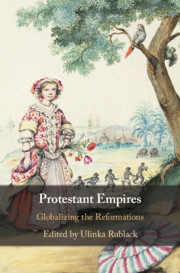Both state-centrism and Eurocentrism are under challenge in international law today. This article argues that this double challenge is mirrored back into the study of the history of international law. It examines the effects of the rise of positivism as a method of norm-identification and the role of methodological nationalism upon the study of the history of international law in the modern foundational period of international law. It extends this by examining how this bequeathed a double exclusionary bias regarding time and space to the study of the history of international law as well as a reiterative focus on a series of canonical events and authors to the exclusion of others such as those related to the Islamic history of international law. It then analyses why this state of historiographical affairs is changing, highlighting intra-disciplinary developments within the field of the history of international law and the effects that the ‘international turn in the writing of history’ is having on the writing of a new history of international law for a global age. It concludes with a reflection on some of the tasks ahead, providing a series of historiographical signposts for the history of international law as a field of new research.
